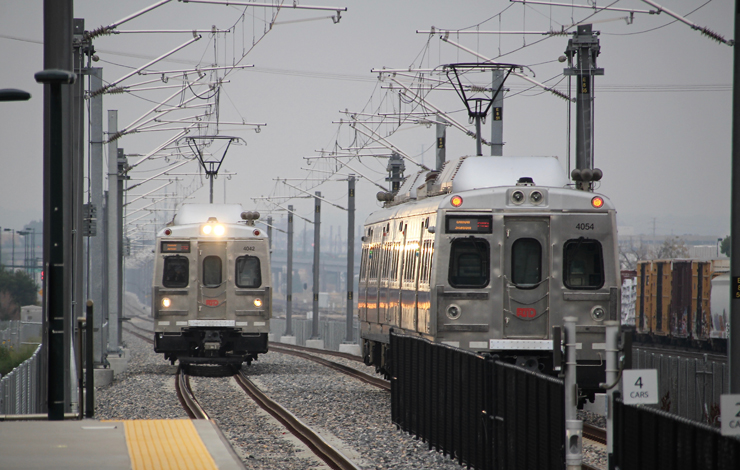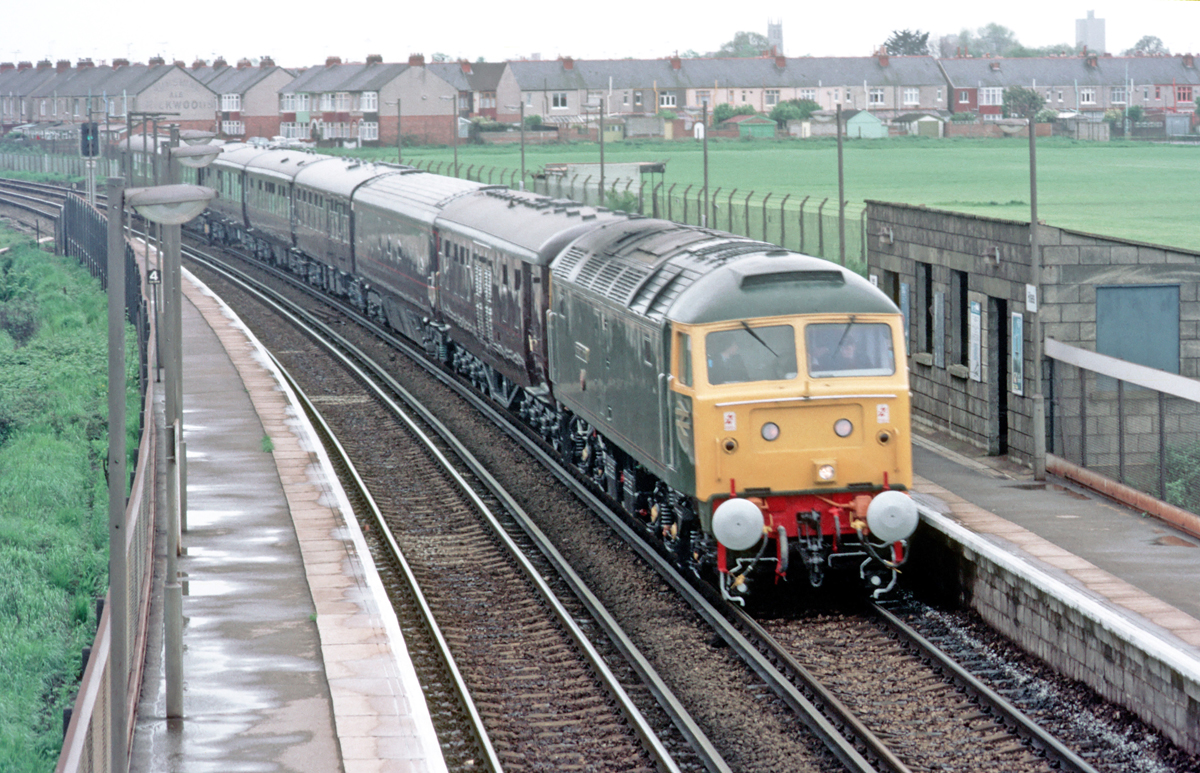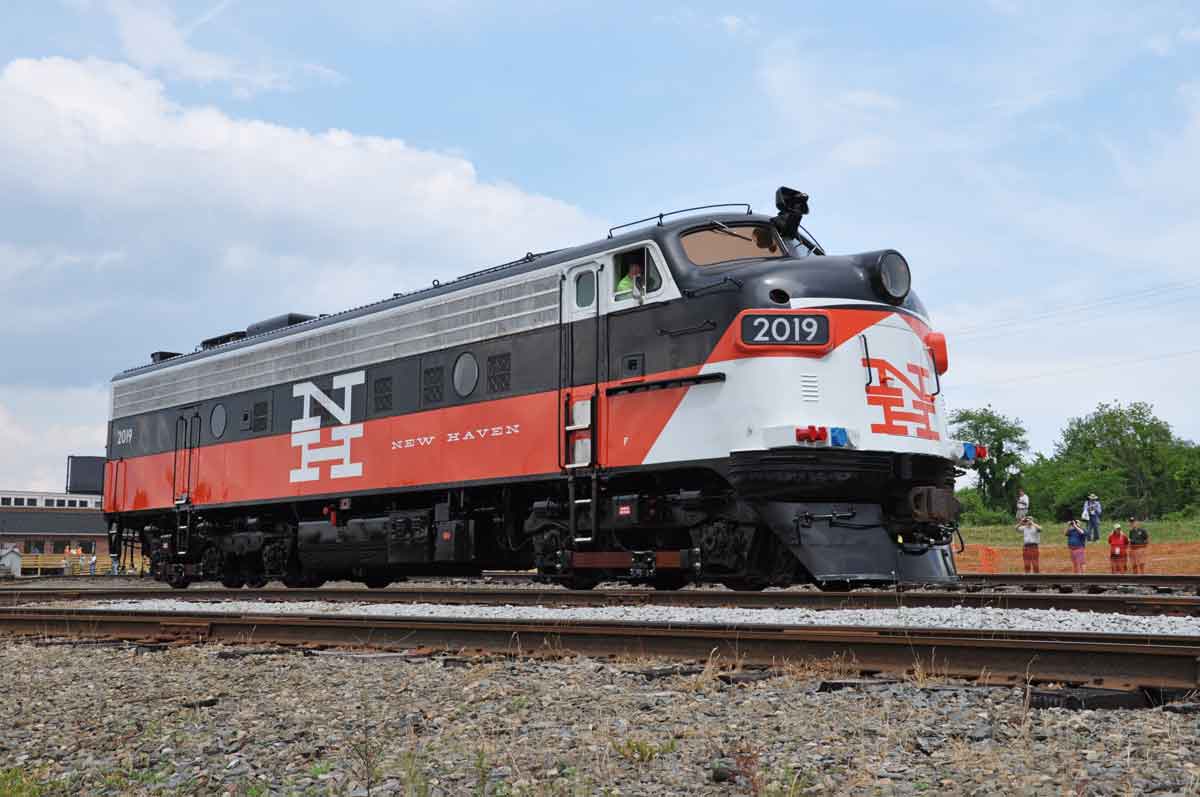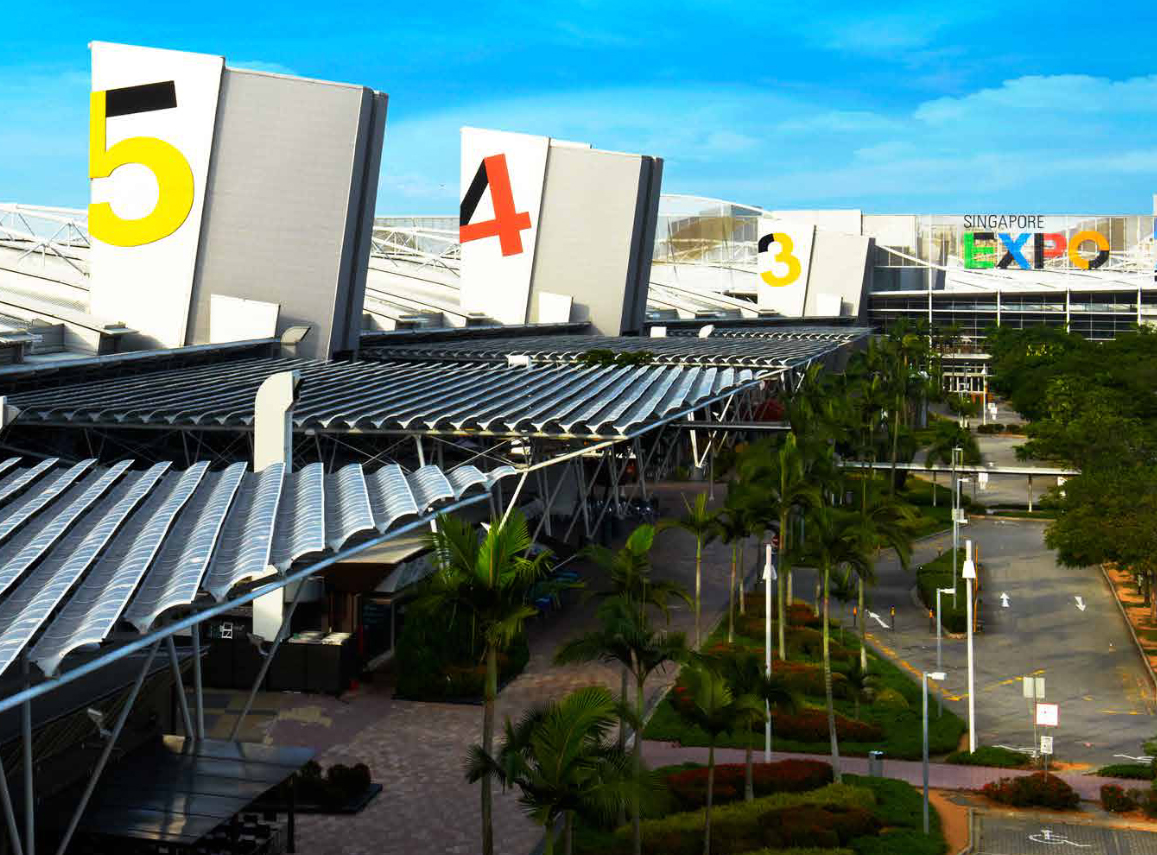
DENVER — The Regional Transportation District does not have to pay builders of its commuter rail lines more than $100 million to cover costs related to grade-crossing problems, a Denver judge ruled Friday, while also turning down an RTD countersuit and effort to cancel its contract with those builders.
The construction consortium, Denver Transit Partners, had sought $111 million in costs related to crossing-gate malfunctions that forced the consortium to use flaggers for years on the commuter line to Denver International Airport, and delayed opening of a second line [see “Digest: Commuter rail builders seek $111 million …,” Trains News Wire, Aug. 26, 2020]. RTD had countersued for $27 million.
Colorado Public Radio reports the system used new wireless technology mated with its positive train control system to control crossing gates, and it proved to be difficult to debug.
Denver District Judge Andrew McCallin said the failures of the system “appropriately rest” with the consortium. “This is a risk that DTP as the designer and builder of this system assumed when it entered into this public-private partnership,” he wrote in his 71-page decision. However, he also wrote, in determining that RTD could not void the ongoing contract, now that the system works, “it would be unfair to allow RTD to walk away from all of this.”
Both sides indicated they were reviewing the decision, but said it would not have an impact on operations.














King SOLOMON LIVES! Long live the judge.
SEPTA has the same cars (specs are somewhat different) and has no grade crossing signal problems. Of course SEPTA uses RR signals and now has ACSES.
As it happens SEPTA Regional Rail serves Philadelphia’s Airport. The station has a fancy name: it’s called “Airport.” There are stops for individual terminals; no shuttle needed.